Best Night Sky Events of June 2015 (Stargazing Maps)
Mercury at Greatest Elongation West, June 2015
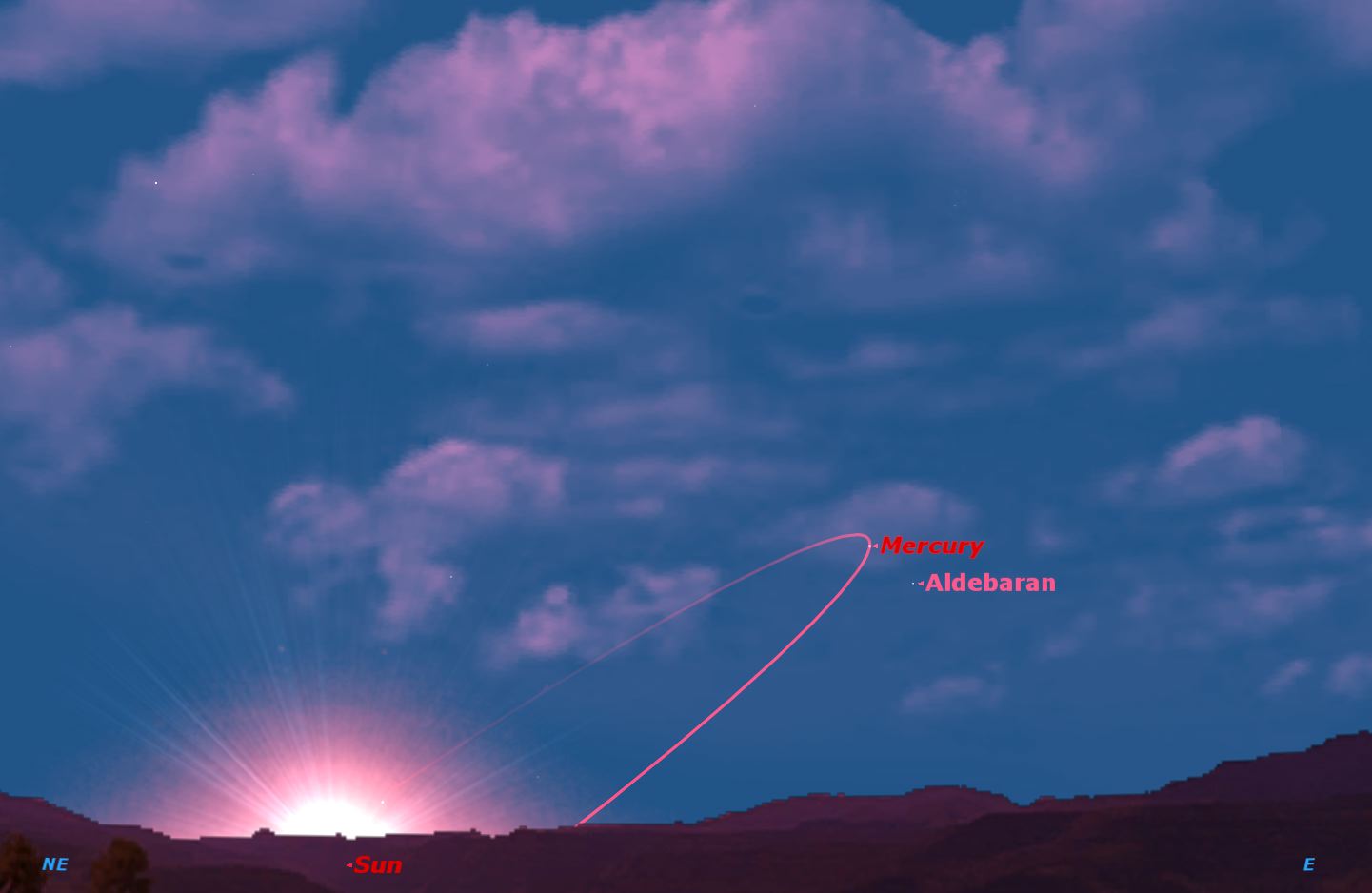
Wednesday, June 24, dawn. Mercury will be at its farthest from the sun, and close to the red giant star Aldebaran.
Venus and Jupiter Within 0.3 Degrees, June 2015
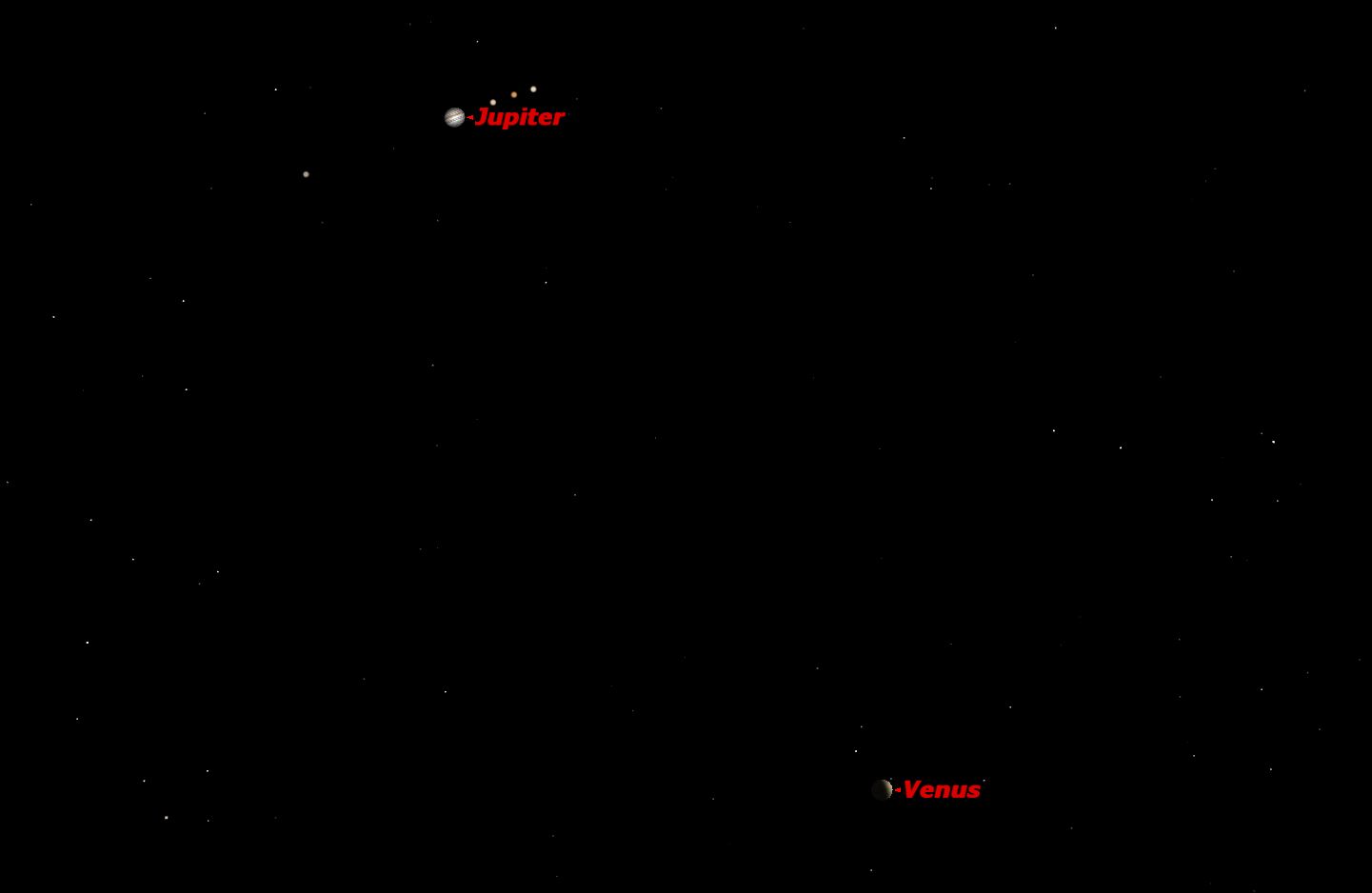
Tuesday, June 30, dusk. Venus and Jupiter will pass really close to each other, appearing within the same telescope field. Both will be 32 arc seconds in diameter, but Jupiter is much further away from both the Earth and the sun, so will be much fainter than Venus.
Mercury, June 2015
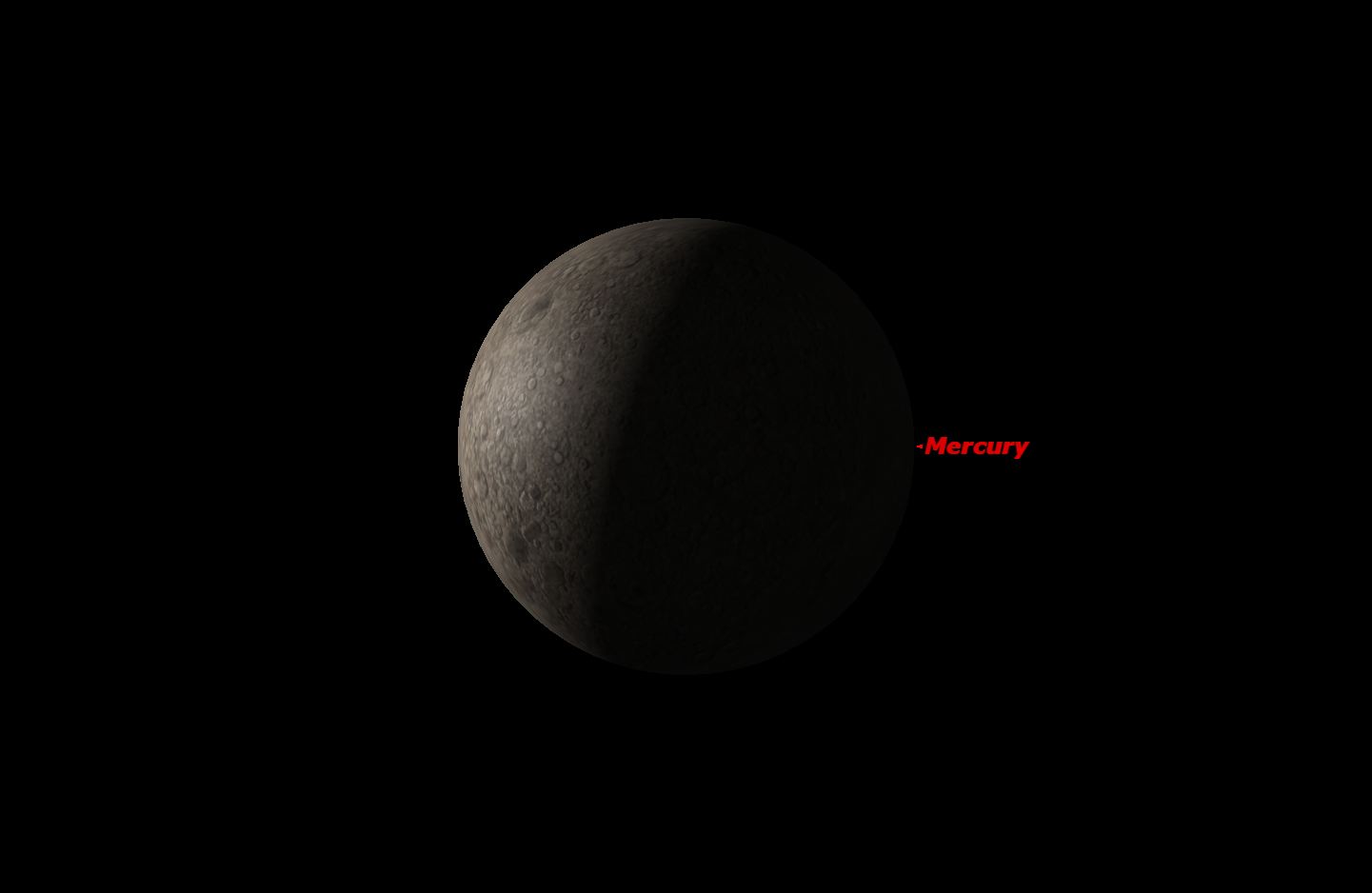
Mercury is well placed in the eastern sky at dawn. It is better placed for observers in the Southern Hemisphere.
Venus, June 2015
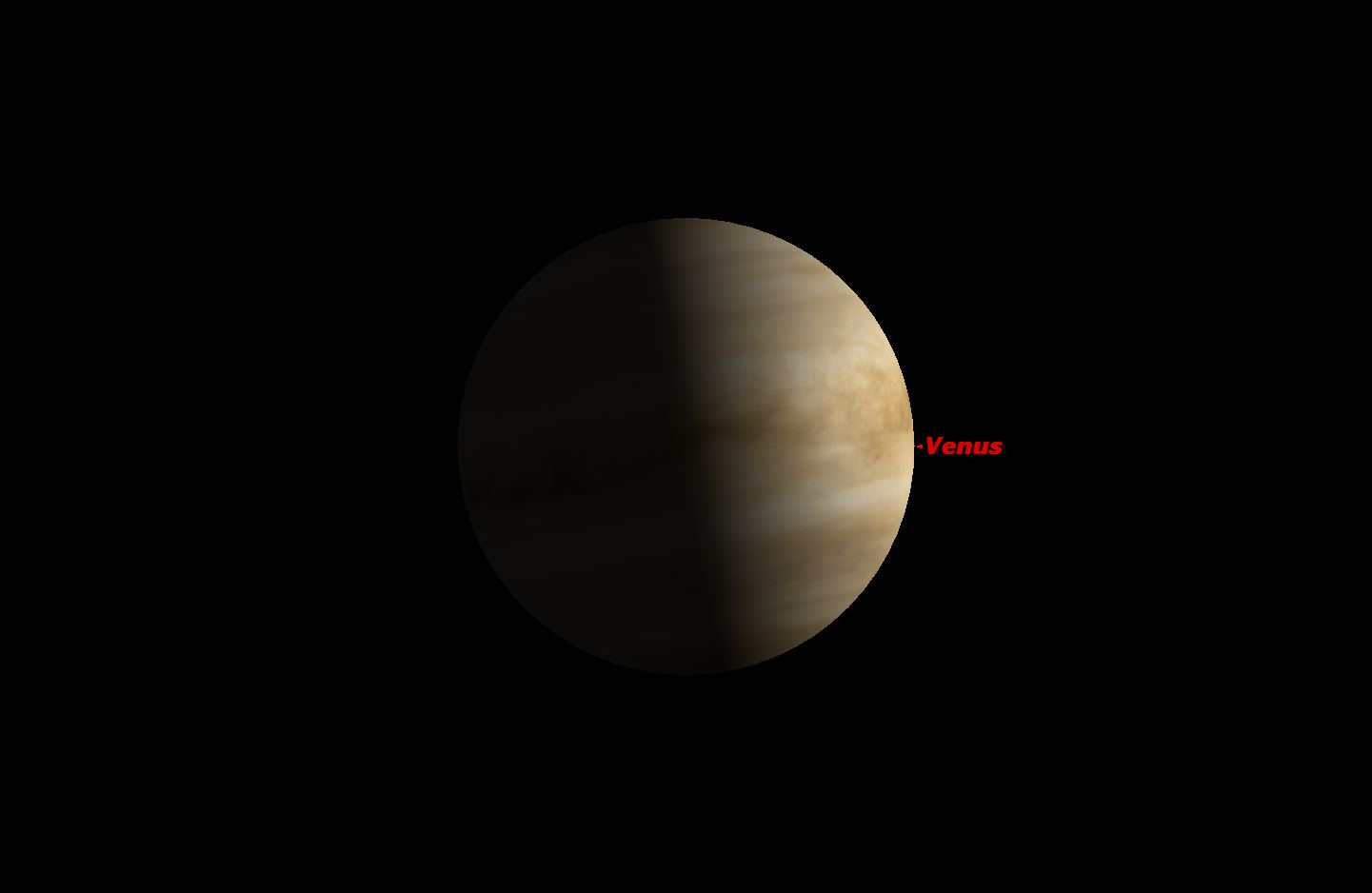
Venus shines high in the western sky after sunset, reaching its greatest elongation from the sun on June 6.
Mars, June 2015

Mars is too close to the sun to be visible. It will be in conjunction with the sun on June 14.
Jupiter, June 2015
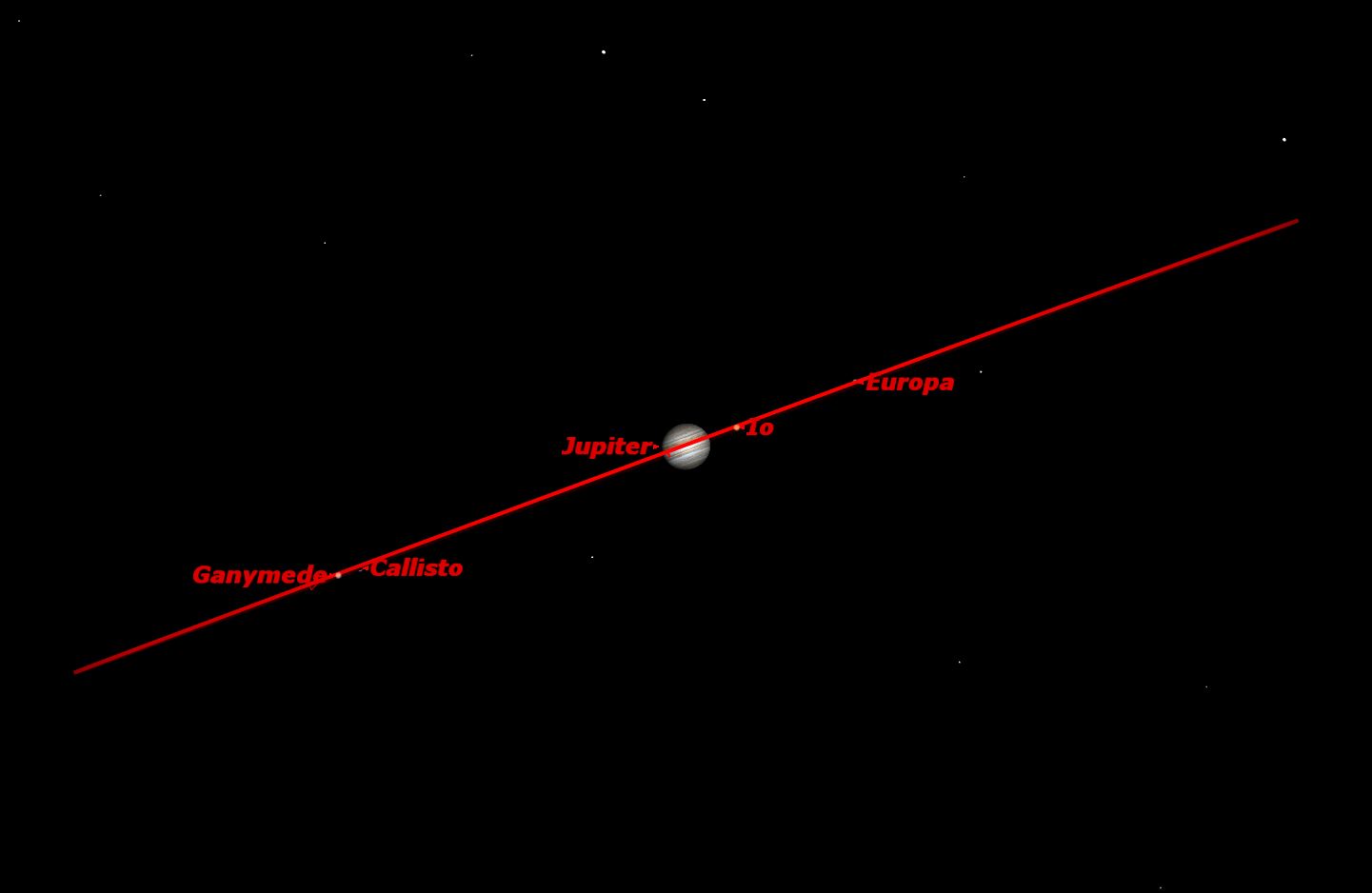
Jupiter is low in the western evening sky all month, closing in on Venus.
Saturn, June 2015
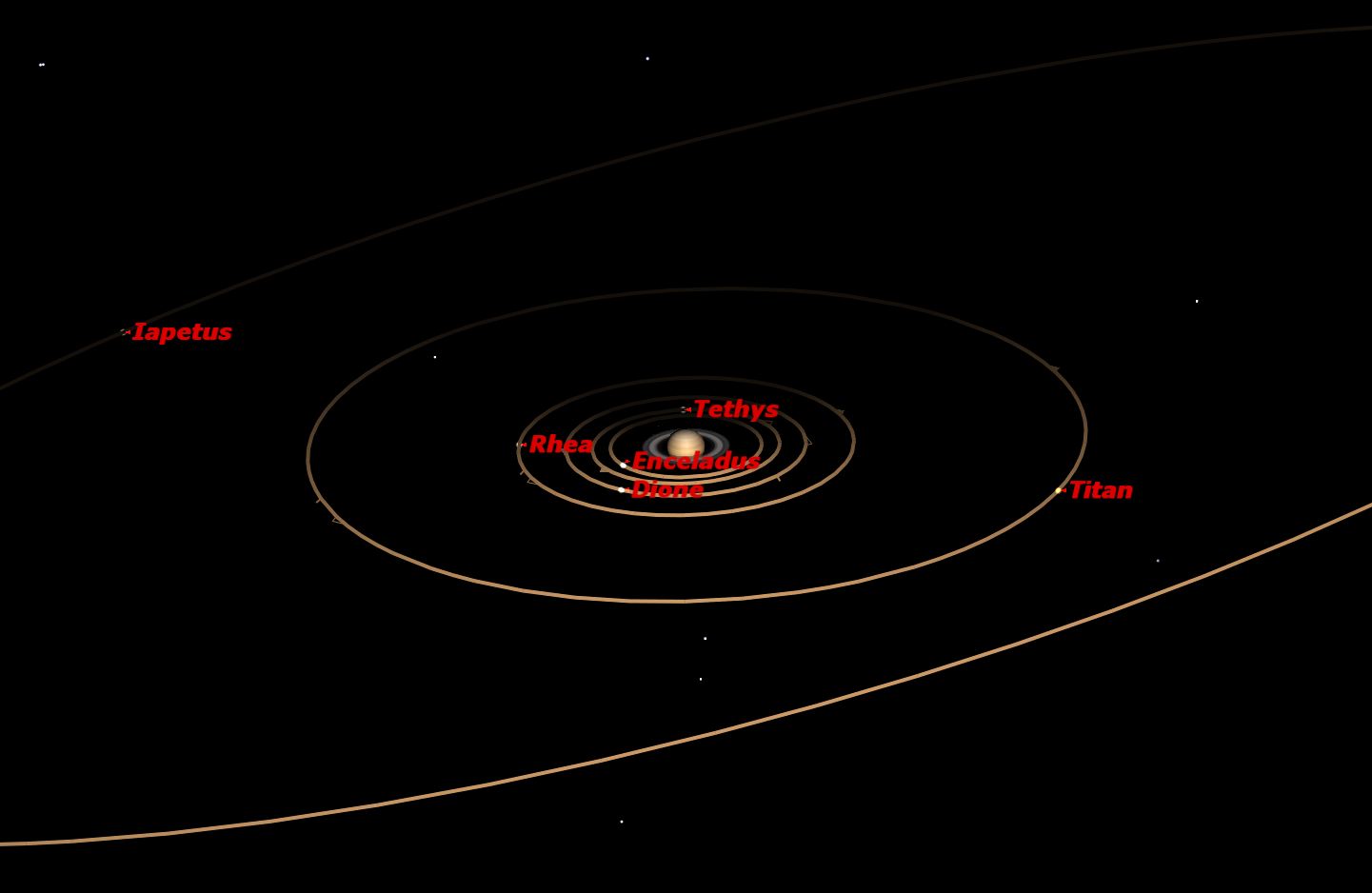
Saturn is just past opposition and shining brightly in Libra all night.
Get the Space.com Newsletter
Breaking space news, the latest updates on rocket launches, skywatching events and more!
Uranus, June 2015
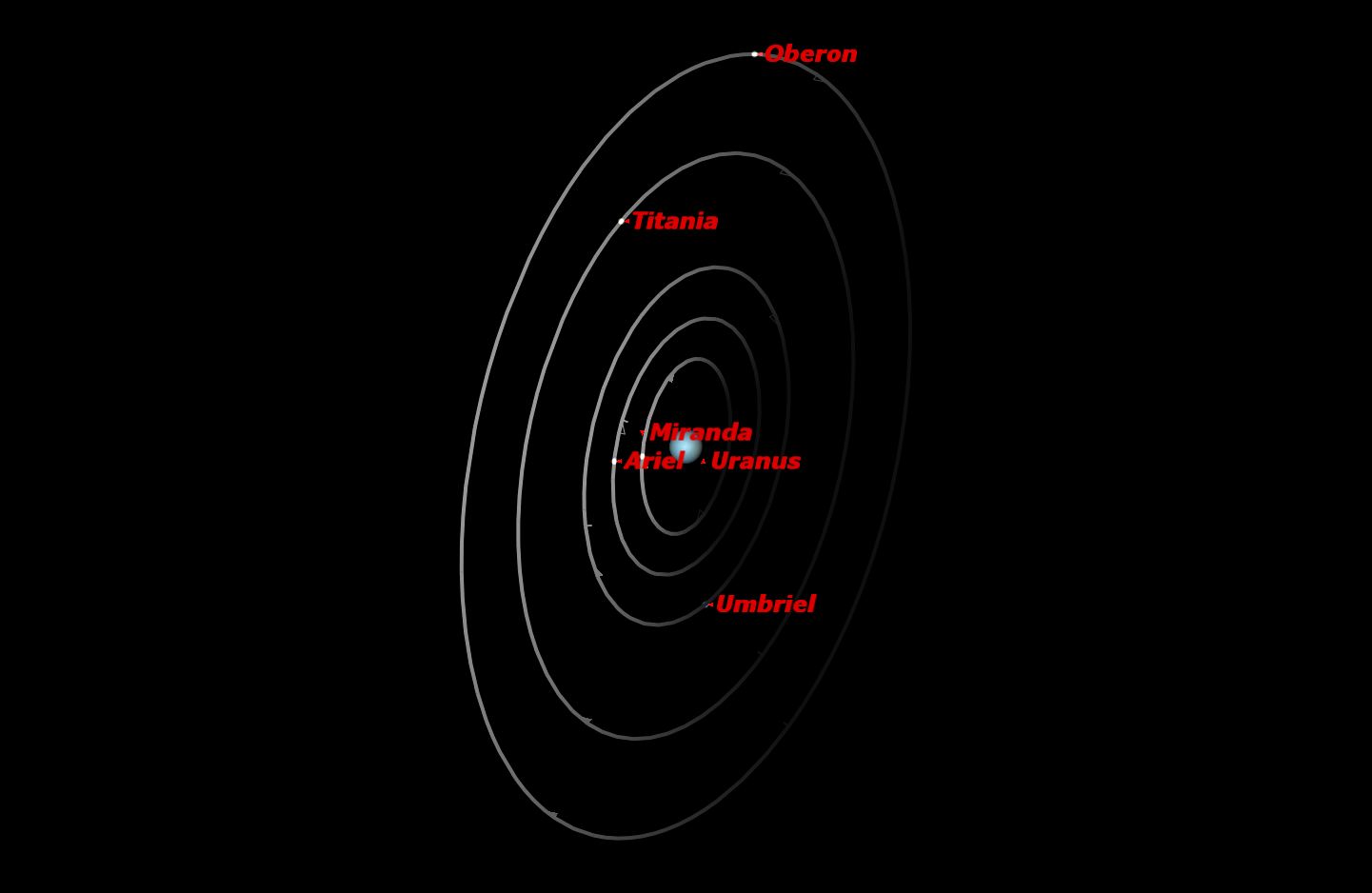
Uranus is in the eastern morning sky in Pisces.
Neptune, June 2015
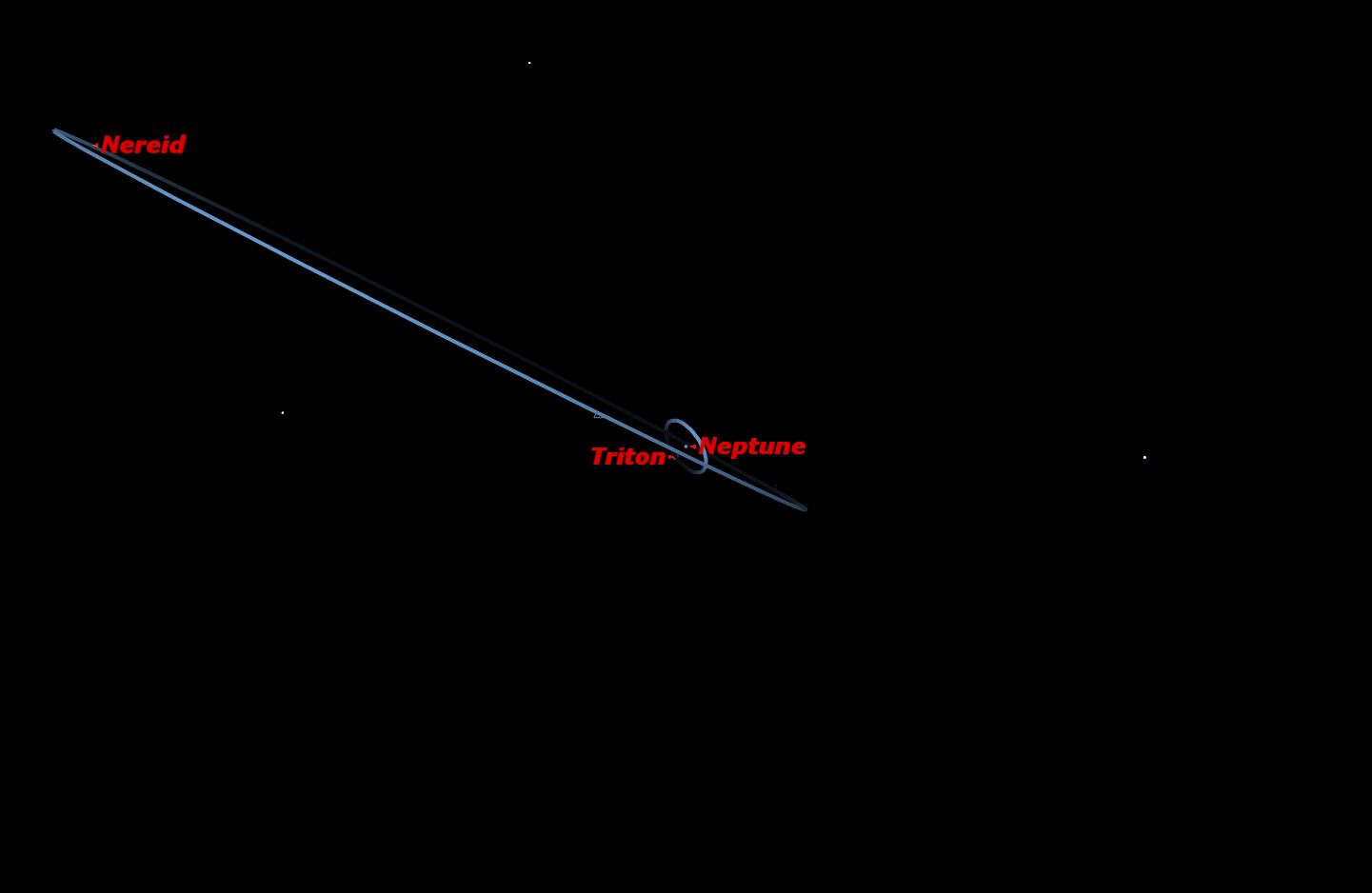
Neptune rises after midnight in the constellation Aquarius.
Join our Space Forums to keep talking space on the latest missions, night sky and more! And if you have a news tip, correction or comment, let us know at: community@space.com.
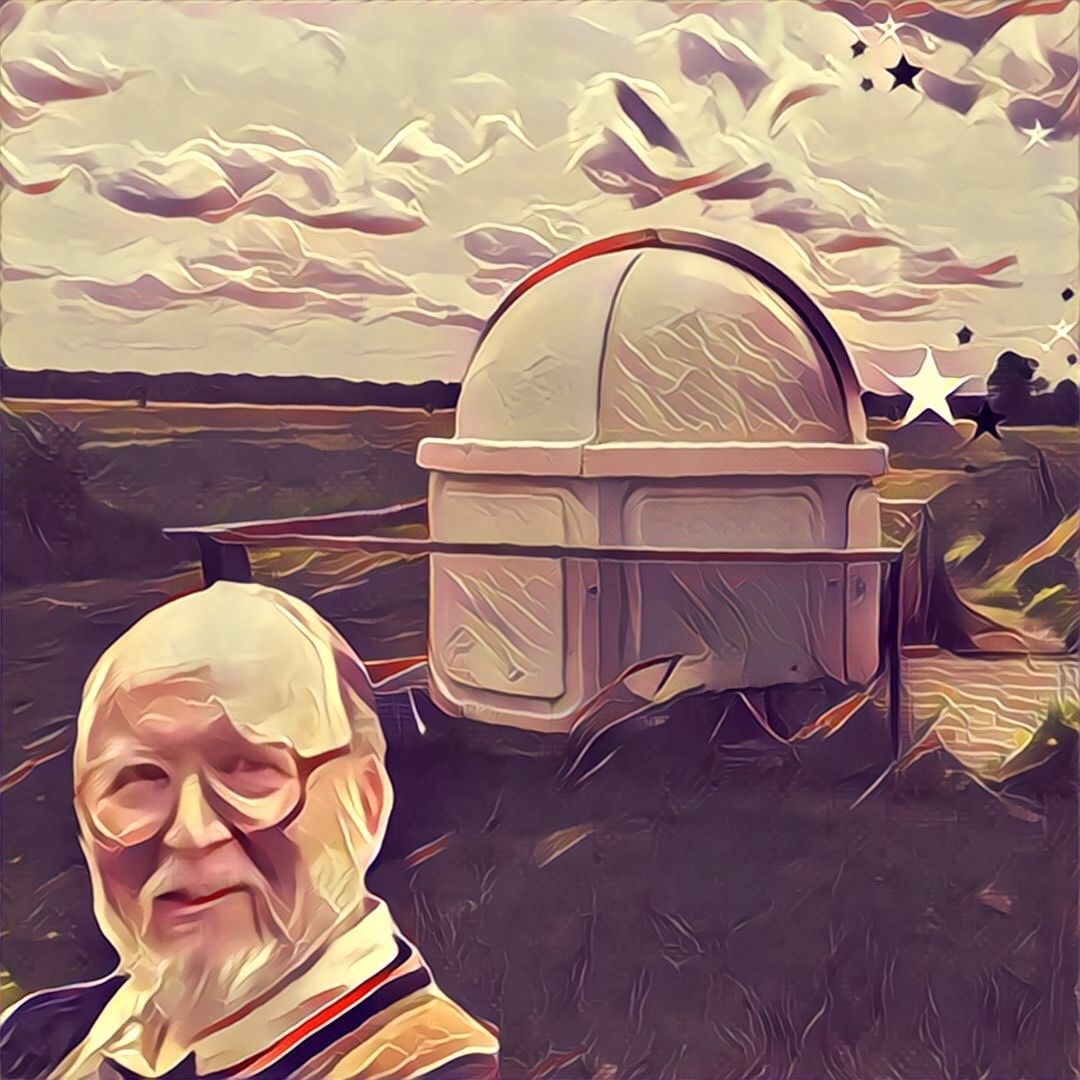
Geoff Gaherty was Space.com's Night Sky columnist and in partnership with Starry Night software and a dedicated amateur astronomer who sought to share the wonders of the night sky with the world. Based in Canada, Geoff studied mathematics and physics at McGill University and earned a Ph.D. in anthropology from the University of Toronto, all while pursuing a passion for the night sky and serving as an astronomy communicator. He credited a partial solar eclipse observed in 1946 (at age 5) and his 1957 sighting of the Comet Arend-Roland as a teenager for sparking his interest in amateur astronomy. In 2008, Geoff won the Chant Medal from the Royal Astronomical Society of Canada, an award given to a Canadian amateur astronomer in recognition of their lifetime achievements. Sadly, Geoff passed away July 7, 2016 due to complications from a kidney transplant, but his legacy continues at Starry Night.










